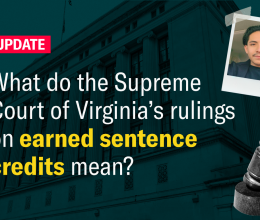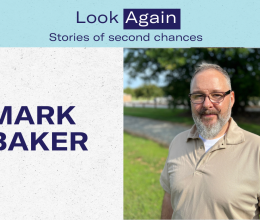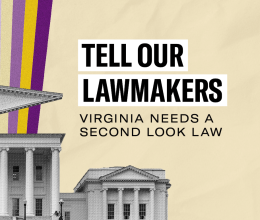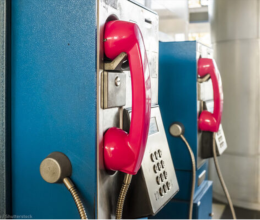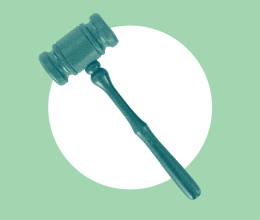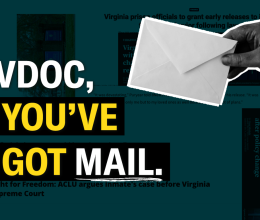
The ACLU of Virginia today praised the Charlottesville Police Department for suspending a controversial DNA dragnet that caused 197 innocent African-American men to provide saliva samples so that they could be ruled out as suspects in the hunt for a serial rapist. But the civil liberties organization also advised the police not to reinstate the practice of asking for voluntary DNA samples until it is redesigned to fully protect the due process and privacy rights of the individuals involved.
The DNA dragnet drew criticism earlier this week when it was revealed that nearly all of those who were tested for DNA has been targeted by policed based solely on a phone call identifying the person as an African-American who acted “suspiciously.”
In a letter to Charlottesville police chief Timothy J. Longo, Jr., ACLU of Virginia executive director Kent Willis writes “The ACLU of Virginia does not intend to impede your efforts to find the person who committed these heinous offenses. We believe that vigorous but properly implemented investigations can both protect the rights of citizens and solve difficult crimes.”
“The simple fact is that through the entire history of their use in the United States, indiscriminate DNA dragnets have never caught the individual sought. Instead, innocent persons have been fired from their jobs, wrongly linked to heinous crimes, and singled out for police investigations for improper reasons such as race. In Louisiana recently, police took DNA samples from more than 1,200 white males searching for a serial killer. The killer, they later discovered, was African-American.”
The ACLU points out areas of concern regarding the use of DNA dragnets and asks the Charlottesville police to make certain that each is addressed when a new policy is established. The ACLU’s recommends, at a minimum, that the following criteria apply to any policy involving requests for DNA:
1) No one should be asked to give a DNA sample without probable cause to believe they committed the crime, 2) No one should be approached in a public place to be asked for a DNA sample, 3) Persons approached for a sample should be told that they have a right to refuse, 4) Those who refuse should not be subjected to follow-up investigations, 5) DNA samples of innocent persons should not be used for any purpose other than comparison to the DNA found at the scene of the crime being investigated, and 6) DNA samples of innocent persons should be returned or destroyed.
A copy of the ACLU letter can be found here.
Contact: Kent Willis, Executive Director, ACLU of Virginia, 804-644-8022
